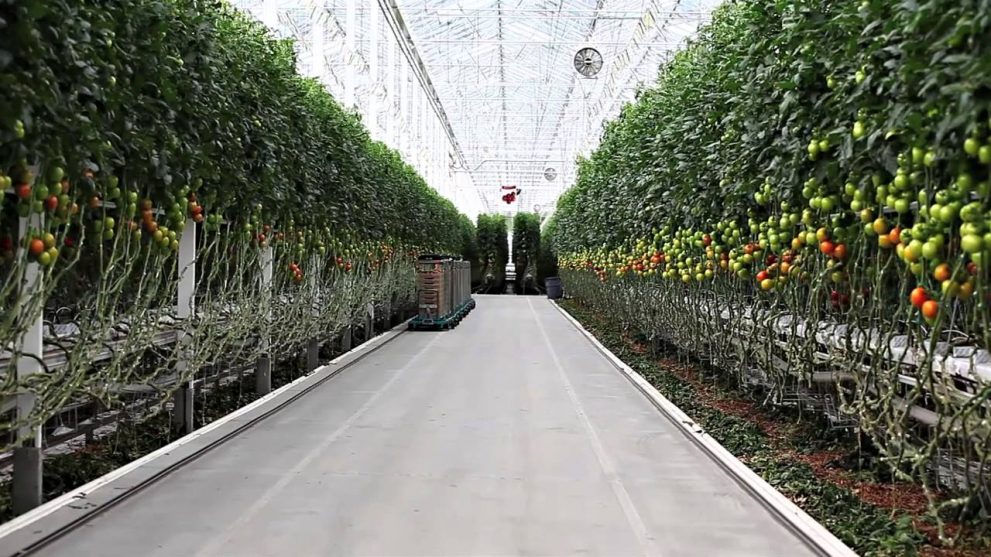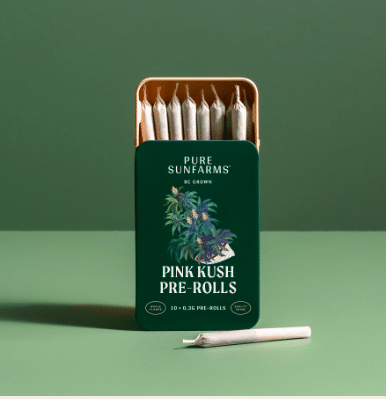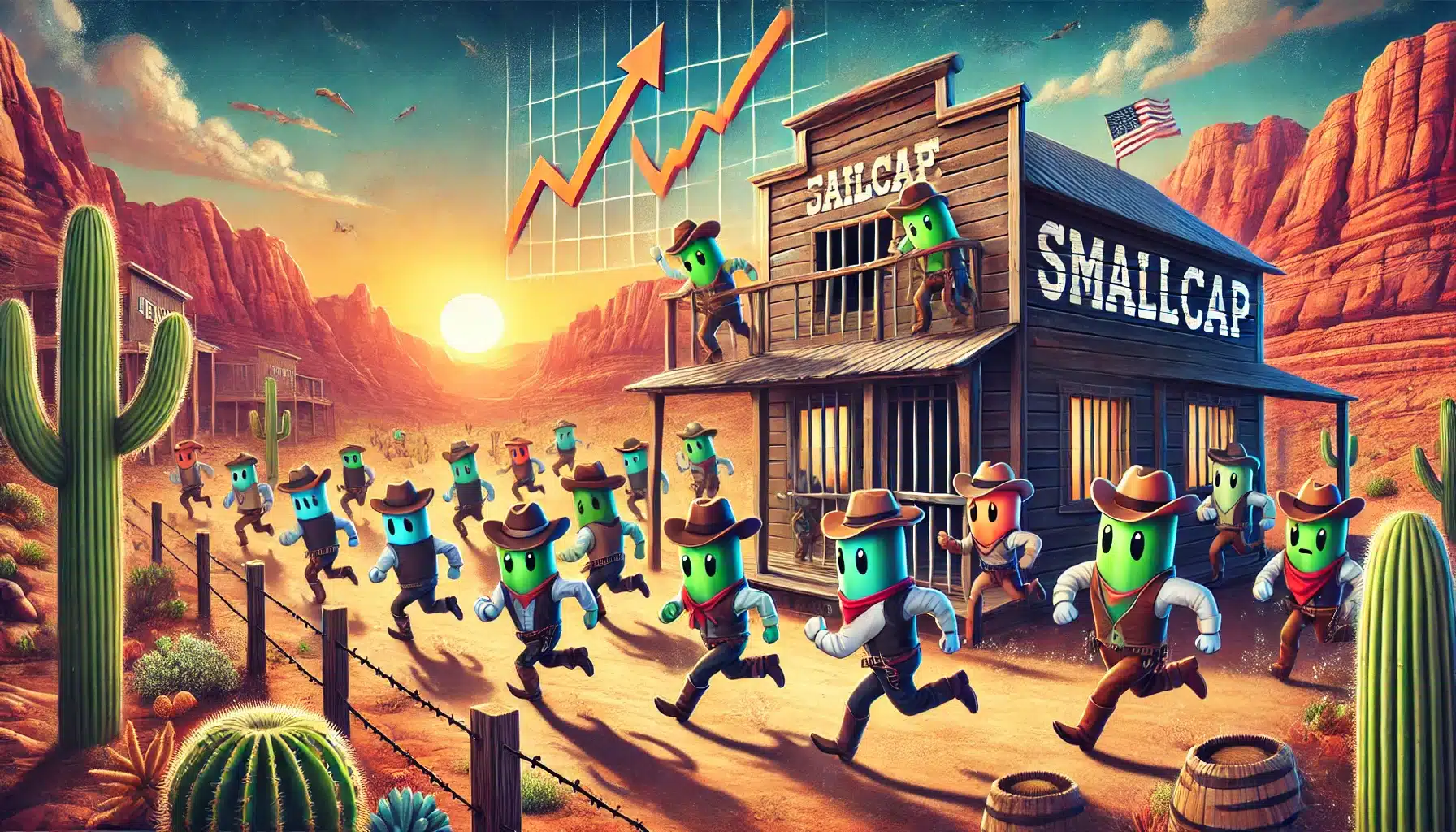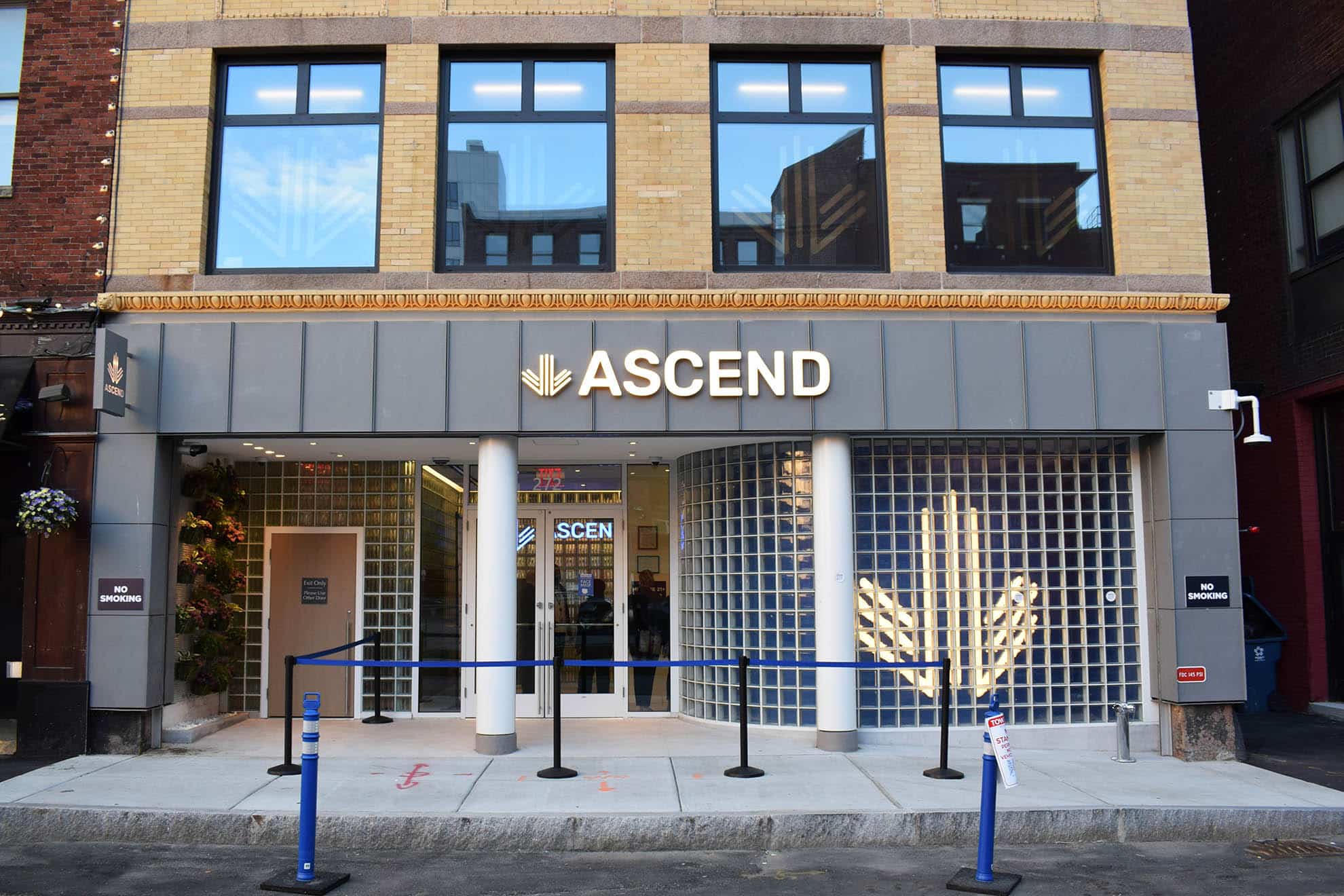
The cannabis sector has been a beat up area for over a year now but picking out the best from the bunch is still a worthwhile prospect. That brings us to Village Farms International (Village Farms International Stock Quote, Charts, News, Analysts, Financials NASDAQ:VFF), a BC-based operation which according to Raymond James analyst Rahul Sarugaser stands out from other licensed cannabis producers for its profitability even during these challenging times in the sector.
Sarugaser delivered an update on the company and stock on Wednesday where he reiterated his “Outperform 2” rating for VFF while lowering his target price from $14.00 to $12.00 based on compression in the cannabis space.
Village Farms is both a produce grower throughout North America and a greenhouse-grown cannabis company through its wholly-owned subsidiary Pure Sunfarms. In the United States, where marijuana remains a Schedule 1 controlled substance at the federal level, VFF owns Balanced Health Botanicals, one of the leading CBD brands and e-commerce platforms, while at the same time Village Farms has at the ready one of the largest greenhouse operations in the country in West Texas, which can be converted to THC flower production if and when there is movement at the federal level on cannabis.
Ahead of Village Farms’ second quarter 2022 earnings expected in August, Sarugaser said the first quarter was somewhat challenging for the company, where inflation drove short-term headwinds on VFF’s fresh produce business and that in turn impacted the company’s bottom line, producing its first EBITDA-negative quarter in a while, although Pure Sunfarms remained EBITDA-positive.
“We will be watching for VFF to drive consistently strong sales of Canadian cannabis (Pure Sunfarms), U.S. CBD (Balanced Health Botanicals/CBDistillery), wholesale/B2B flower and, potentially, international medical cannabis (via VFF’s new EU GMP certification) in order to tip the scales back to +EBITDA during the next couple quarters,” Sarugaser wrote.
“While it is absolutely a material VFF operation, we choose to view the company’s fresh produce business as its operational, ~breakeven option on a future U.S. cannabis enterprise. And, ‘breakeven’ is a whole lot better than VFF’s Canadian LP peers can say for their U.S. cannabis options,” he said.
On Village Farms’ first quarter, the company had reported consolidated revenue up 34 per cent year-over-year to $70.2 million and a net loss of $6.5 million. On the cannabis side, net sales increased by 65 per cent to $28.8 million and adjusted EBITDA climbed nine per cent to $2.7 million. On the Fresh Produce side, sales increased 19 per cent to $41.4 million while adjusted EBITDA was negative $6.2 million. (All figures in US dollars.)
The company said the Q1 represented its 14th consecutive positive EBITDA quarter for its Canadian Cannabis business. VFF owns 70 per cent of Rose LifeScience in Quebec, which is now, according to management, a top three LP in Quebec by sales and gaining market share since its retail launch last year.
“Our U.S. Cannabis segment delivered a solid performance, highlighted by a strong gross margin and positive adjusted EBITDA contribution,” said CEO Michael DeGiglio in a May 10 press release. “The integration of Balanced Health into the Village Farms family is progressing very well and confirms our belief in both the potential within the existing cannabinoid business and the significant near- and long-term opportunities in both the low-THC and high-THC product categories.”
DeGiglio said the produce end of things faced “one of the most difficult macro environments” in company history, with the inflationary impact on the full vertical line from freight to labour and from fertilizer to packaging.
“An industry-wide supply imbalance limited the producer’s ability to pass along pricing to customers. We are evaluating new initiatives, including marketing partnerships to build more scale, spread costs and diversify product offerings. However, even in the currently negative EBITDA environment, we maintain the highest conviction that our U.S. cultivation footprint is a powerhouse opportunity for legal recreational cannabis when we can participate,” he said.
Looking at VFF’s Canadian market share, Sarugaser said it dropped nominally to six per cent, while the company maintained its #5 overall standing in the adult-use market, saying the company could be taking over Canopy Growth’s #4 spot over the next quarter or two due to that company’s declining performance.
“Our analysis of category performance indicate that VFF is performing well in the categories that matter (flower #2 spot, pre-rolls #7, vapes #8); we will be watching for the company to escalate its share gains during the next few quarters, leveraging its boosted cultivation capacity—an additional 1.1 mln sq ft was planted out in Sep. 2021—and its brand-new value-priced bulk dried flower brand Fraser Valley, which, notably, will be VFF’s first offshoot from its singular cannabis brand Pure Sunfarms,” Sarugaser said.
At the time of publication, Sarugaser’s new $12.00 share price represented a projected one-year return of 265 per cent.





 Share
Share Tweet
Tweet Share
Share




Comment